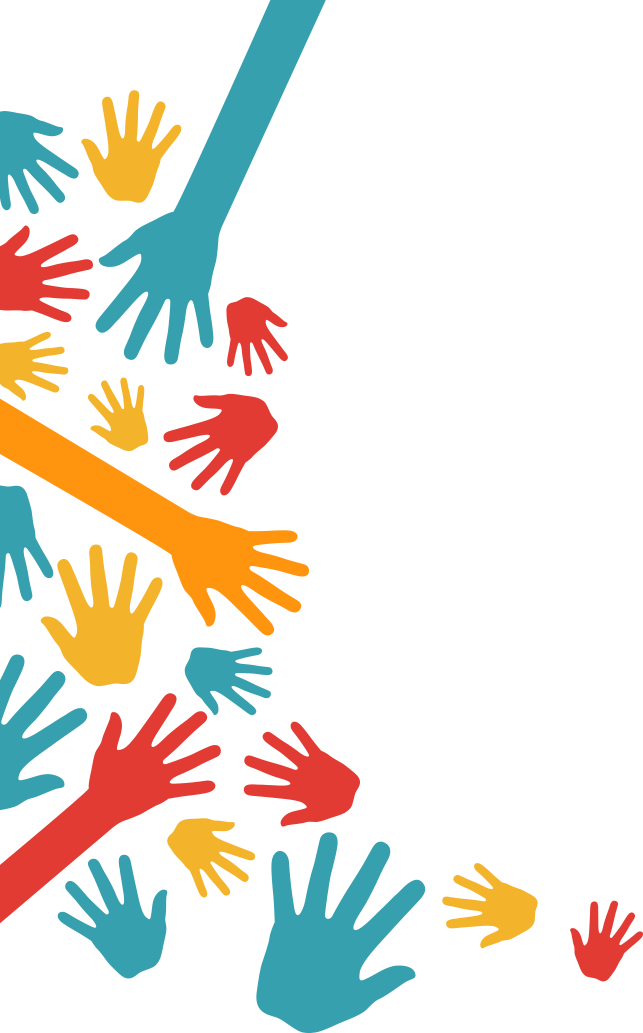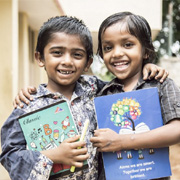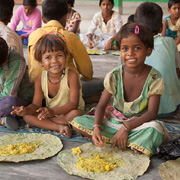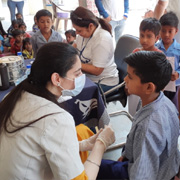



Institute for Global Development
Institute for Global Development (iGD) is a corporation founded in 2008 and registered under Section 25 of India's Companies Registration Act 1956. iGD believes in promoting self-sufficiency and is dedicated to working on issues affecting the poor and marginalized, with a particular emphasis on women and children. At iGD, we promote preventative health, balanced nutrition, and child development practices in poor communities. To do this, we take a comprehensive strategy, embracing, teaching, and empowering moms and children in their social settings.
We believe that health and well-being are best addressed when all three dimensions - behaviors, systems, and social determinants - are addressed concurrently. We realize that the barriers to well-being are not restricted to health, and therefore need to address critical enablers, such as education, in an integrated manner. The need is to prioritize outcomes and scale with high quality.

-
Vision
“Working together in building a world that is healthy, just, equitable and inclusive”
-
Mission
“To empower the underserved and marginalized individuals and community through gender sensitive participatory processes for achieving optimal and sustainable health and development”
-
The Need
The Institute for Global Development was founded by a group of like-minded individuals who were inspired to create Primary Health Care after witnessing the need for basic health efforts throughout the country. Today, the Institute has a presence in several states in Northern India where people lack access to primary health care, in addition to the government's existing Primary Health Centres.
-
Core Values
The Institute maintains the following core values: Innovation, Collaboration, Care, Integrity, and Accountability
-
Our Presence
The geographical locations of work encompass nine Indian states, which include Himachal Pradesh, Punjab, Chandigarh, Haryana, Madhya Pradesh, Gujarat, Maharashtra, Rajasthan, Delhi.
-
Organisational Structure
iGD is a vibrant, diverse, and gender-sensitive organization that operates under the values of transparency, accountability, and good governance. Its system-driven processes create opportunities for personal and professional development. It upholds financial and structural transparency as critical cornerstones of good governance, not just in the development sector but also as an institution.
Key Areas of Intervention
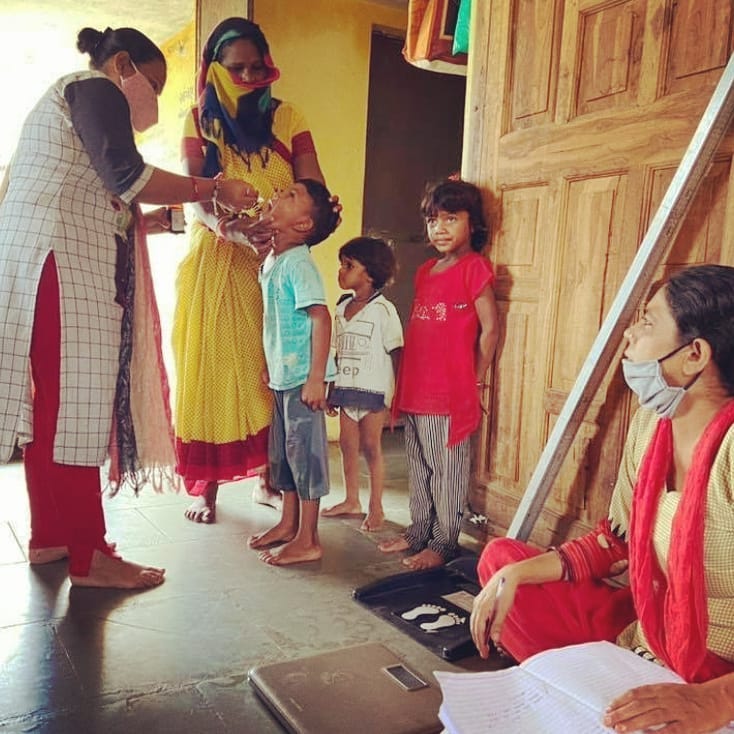

Health and Education
To empower the community through bridging the information gap and to inculcate leadership through involvement of community.
Working with pregnant and lactating mothers on ANC and PNC care. Regular check-up and in-take of iron and folic acid. Emphasizing on institutional delivery, breastfeeding and complete immunization.
Conducting regular capacity building meetings with ASHAs, ANMs and AWWs, group formation of women and girls of various age group and conducting orientation sessions for each group, working on health and hygiene aspect.
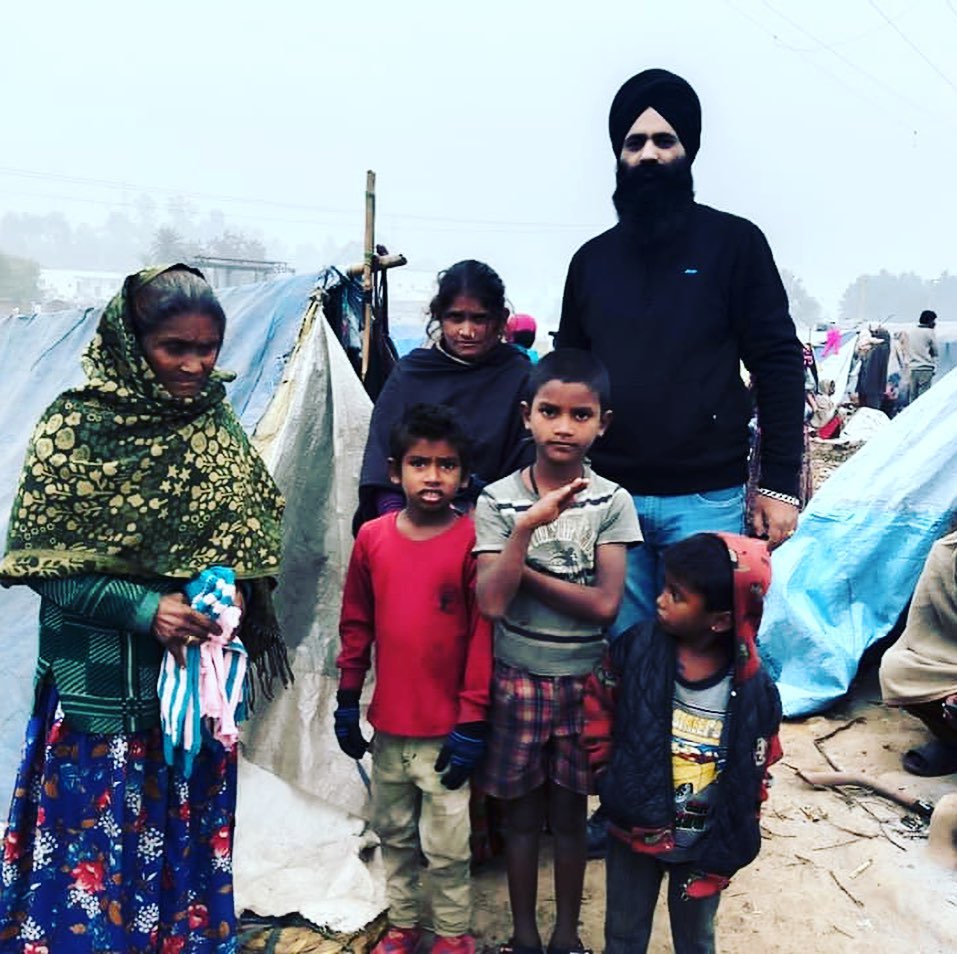

Areas of Convergence with Government Programmes
There are several instances where our work complements government projects. Working on par and attempting to increase the capacities of government functionaries: In the education domain: from teachers and administrators to policymakers. In the health sector, frontline workers such as ASHAs, ANMs, and AWWs work alongside service providers such as medical officers and Panchayat Raj officials.
We seek to work at the same level as government apparatus, reaching out to populations who have been overlooked by state leaders due to reasons such as large populations, challenging terrain, and so on.
Our Theory of Change

